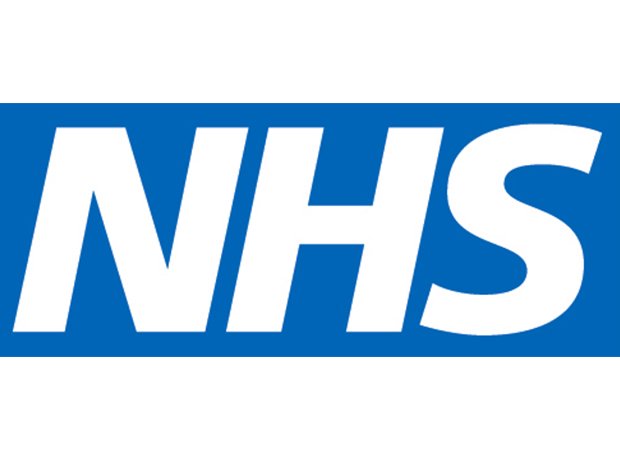NHS roaming trucks identify over 2000 people at risk of liver cancer

The NHS has been visiting at-risk communities to detect liver cancer earlier
The NHS has revealed that thousands of new cases of liver disease have been identified using NHS liver-scanning trucks across England.
Touring across 18 areas of England, the liver-scanning trucks perform quick, non-invasive scans in high-risk communities in an effort to catch more cancers earlier and save more lives.
Every year, around 6,200 people are diagnosed with liver cancer, one in three of whom are diagnosed at an early stage.
If identified earlier, patients have a 45% chance of survival for five years or more with treatment in comparison to 5% of patients diagnosed with stage 4.
The NHS’ roaming trucks have performed more than 26,500 hi-tech fibroscans at GP practices, recovery services, food banks, diabetes clinics, sexual health clinics and homeless shelters as part of its mobile testing scheme.
The new data revealed that over 2,204 people with cirrhosis or advanced fibrosis, a leading cause of liver cancer, were identified between June 2022 and September 2023.
Checks are being offered to adults with high levels of alcohol consumption, a current diagnosis or history of past viral hepatitis, or non-alcoholic liver disease, which increase the risk of developing liver cancer, in the community.
Additionally, as part of the Hepatitis C Elimination Programme, which was expanded in 2022 to include a liver health check involving on-the-spot fibrosis scans, NHS staff are visiting at-risk communities to detect liver damage.
Patients at high risk will be referred into a surveillance care programme for six months and will be partnered with a peer support worker who will provide advice, guidance and help.
The on-the-spot liver scanning programme aligns with the NHS’ aim of detecting more cancer at earlier stages and identifies the most common form of liver cancer, hepatocellular carcinoma, which is responsible for 85% of all liver cancers.
Pamela Healy, chief executive of the British Liver Trust, said: “The earlier we detect liver cancer, the quicker treatment can begin and the better the chance of survival.”
Source link
#NHS #roaming #trucks #identify #people #risk #liver #cancer